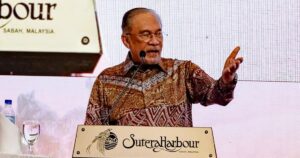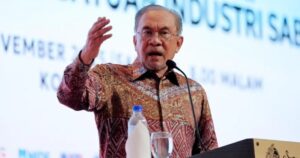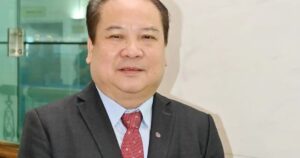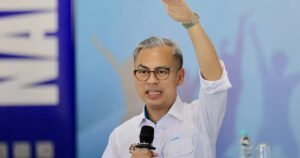
Sarawak should not be made a “scapegoat for deeper federal inefficiencies”, Sarawak United People’s Party’s (SUPP) Wilfred Yap has told former economy minister Rafizi Ramli.
This comes after the latter recently suggested that increasing Sarawak’s share of oil and gas revenues could negatively affect Malaysia’s sovereign credit rating and lead to higher interest on national debt.
However, Yap, who is the assemblyman for Kota Sentosa, said the state’s pursuit of a fairer share of oil and gas revenues should not be framed as a threat to Malaysia’s financial stability.
He said Sarawak received only a 5% royalty from the RM1.2 trillion Petronas contributed to the federal coffers from 1976 to 2020, despite being one of the nation’s biggest contributors to oil and gas revenues.
“To suggest that correcting this imbalance threatens Malaysia’s finances is to ignore the core issue – the federal government’s over-reliance on Petronas as a fiscal lifeline in distribution of resources, and a lack of a long-term plan for national productivity.
“I strongly disagree with the implication that honouring Sarawak’s rightful entitlements is somehow harmful to national financial stability,” Dayak Daily reported him as saying today.
Rafizi had said in the latest episode of his podcast Yang Berhenti Menteri that if Sarawak’s claim to the gas resources is entertained without considering the existing overall financial structure, Petronas risks losing between RM15 billion and RM20 billion a year.
He also said Malaysia currently pays RM48 billion annually on interest alone, and the figure could increase to RM60 billion if credit ratings were to take a dive because of uncertainty in the oil and gas sector.
However, Yap said Malaysia must transition away from a centralised model and shift towards a more diversified economy, rather than just “extractive dependency on Sarawak’s oil and gas”.
“A resilient economy is built on diversification, not on the back of one company, region or commodity.
“The future lies in inclusive economic development, sound fiscal management and transparent governance – not in questioning the constitutional rights of Sarawak,” he said.






